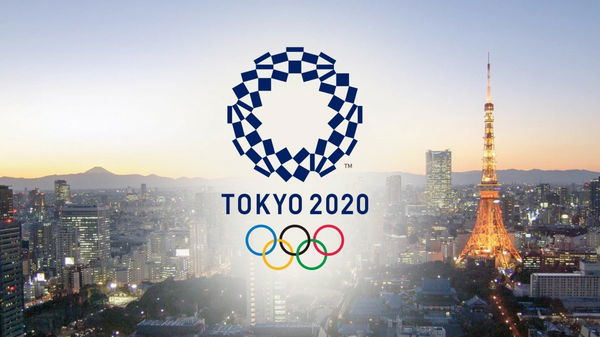

The problems just don’t seem to end for the Tokyo Olympics 2020. In the face of the Coronavirus pandemic, the Japanese authorities have stood firm in their resolve of not postponing. However, hoarded of athletic bodies and sports federations have urged them to reconsider.
The latest issue might just pose a structural obstacle to the plans of the authorities. Restrictions imposed by the pandemic have reduced the mandatory doping tests to a minimum. In fact, the International Testing Agency (ITA) had planned an exhaustive testing programme ahead of the games.
However, anti-doping organizations in the United States, France, Great Britain and Germany have reduced testing in the last few days. The Chinese anti-doping agency had stopped testing in February itself.
ADVERTISEMENT
Article continues below this ad
Know More – “You’re Probably Looking At A Cancellation” – Tokyo Olympics 2020 In Grave Danger

via Imago
Witold Banka
What are the chief doping authorities concerned with Tokyo Olympics 2020 saying?
The World Anti Doping Agency (WADA) is the chief authority. President Witold Banka said on Friday that public health and safety is the topmost priority.
Meanwhile NADA, the German anti-doping agency has said that essential blood and urine tests are hampered.
“As the Olympic and Paralympic Games have so far not been cancelled or postponed, it is important that the athletes have a fair chance for Tokyo,” NADA said. “This also includes the necessary doping controls and the pre-Olympic test program.”
Another European anti-doping agency was worried about the health of the staff. In the current scenario, mobilising such a huge task force is nothing short of inviting disaster.
Know More – Tokyo Olympics 2020 Under Threat Of Relocation To Former Host
The interesting thing about Doping is that it has to be done months in advance to show any significant results. This is because this allows the athlete to train effectively along with it. However, doping very close to the event is usually redundant.

ADVERTISEMENT
Article continues below this ad
Michael Sepic, director of the Austrian Anti-doping agency had this to say about the issue –
“The closer you are to the Olympics, the lower the risks,” said Cepic. “Doping takes place months beforehand, in order to train harder and shorten recovering times.”
ADVERTISEMENT
Article continues below this ad
It was all but obvious that the Tokyo Olympics was bound to face these issues. The sooner the authorities release a clear statement, the better. Postponement looks like the best option in the current scenario.
ADVERTISEMENT
ADVERTISEMENT
ADVERTISEMENT
ADVERTISEMENT

